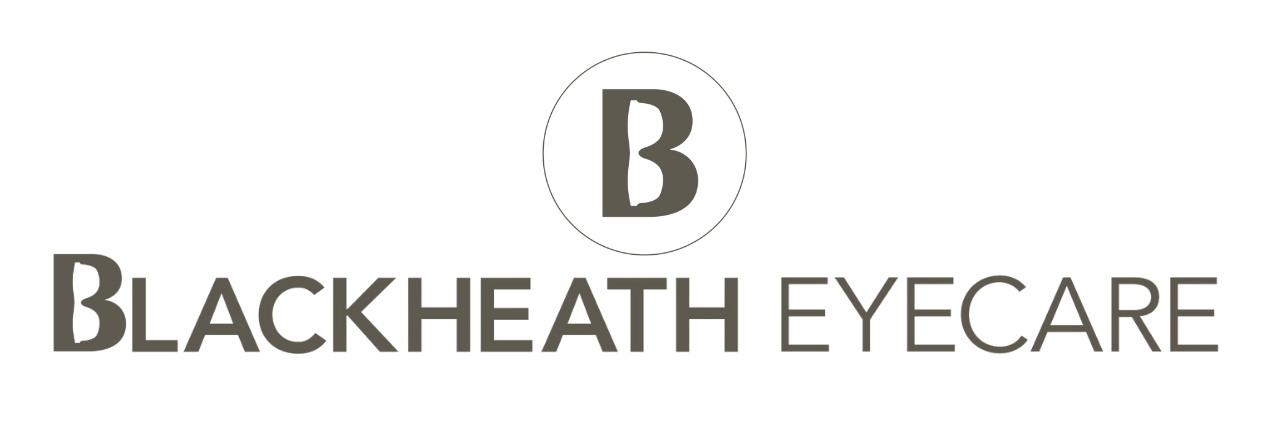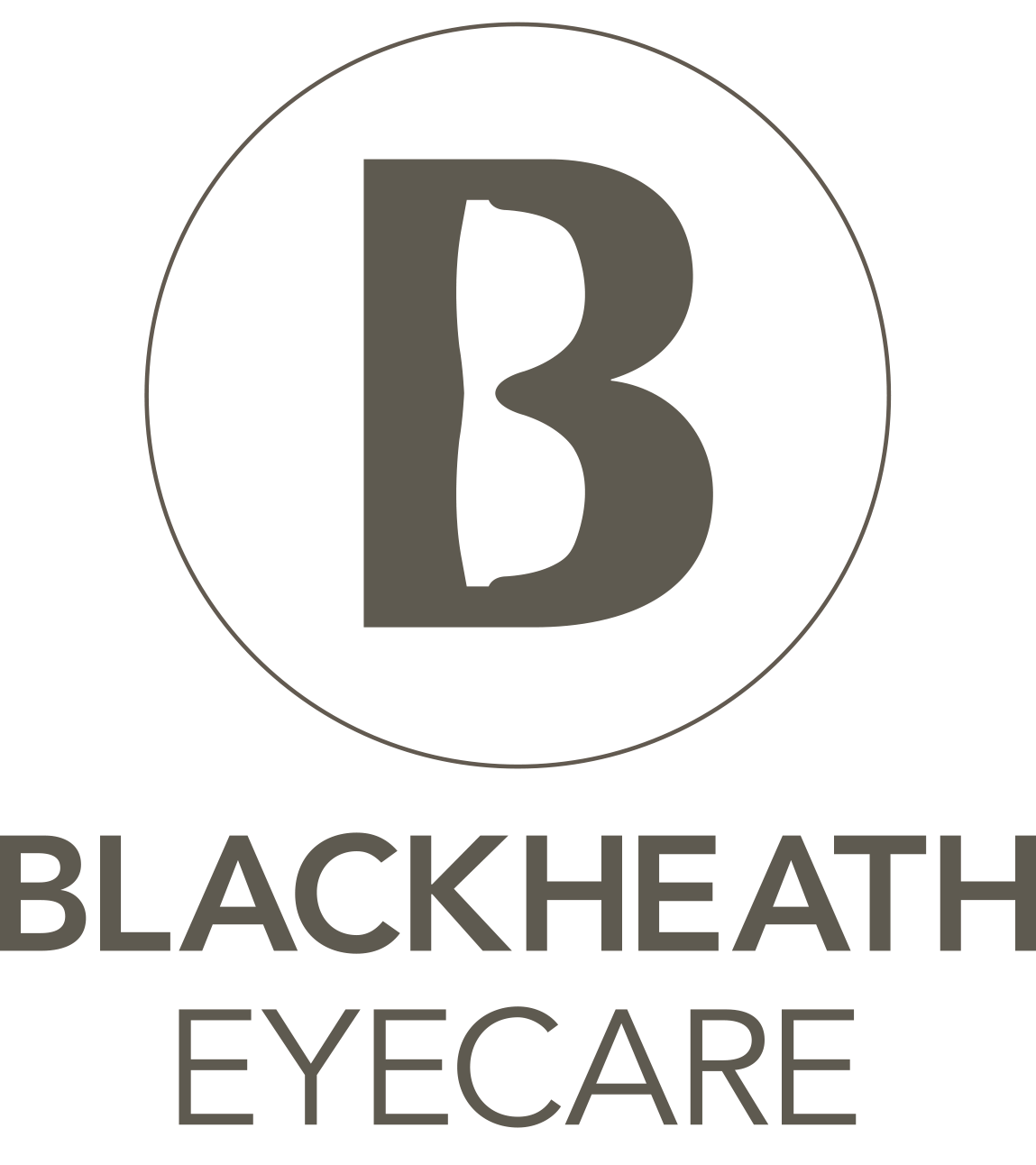Testing for Cataracts
What is a Cataract?
The lens in our eye acts similar to a lens in a camera. It bends the light that passes through our eyes so that the image we are trying to see can be focused and recognized by our brain. When a cataract occurs, a build up of protein forms an opaque film in the lens. This causes a decrease in vision because the lens loses a great deal of its ability to absorb and bend light.
Cataracts are a common occurrence, and almost everyone will experience cataracts at some point after the age of 65. However, there are other causes for cataracts other than natural progression over time.
Different kinds of Cataracts
Age-related cataracts
As mentioned before, these cataracts occur naturally over time as a result of ageing.
Congenital cataracts
If a baby suffers some sort of injury in utero or is premature, he or she can be born with cataracts due to a lack of proper development.
Secondary cataracts
Cataracts can also form because of secondary issues such as Diabetes, exposure to toxic environments, certain medications etc.
Traumatic cataracts
As the name suggests, these cataracts form after a trauma or injury to the eye.
Other Risk Factors Include
- Smoking
- Air Pollution
- Heavy drinking
- Radiation treatments
- Sunlight exposure without proper eye protection
Symptoms
Cataracts progress and form very slowly under normal circumstances and with very few noticeable symptoms. However, if you experience any of these changes in your vision you should come in to our practice at Blackheath Eyecare for a cataract screening. Below is a list of symptoms of how your vision may appear if you have a cataract;
- Foggy or cloudy vision
- Changes in the way you see colours
- Difficulty driving at night due to glare from oncoming traffic
- Sensitivity to sunlight
- Double vision
- Halos around lights
- Sudden changes in glasses prescription
Treatment
In the early stages of cataract formation, glasses and contact lenses help to improve vision. Polarized sunglasses are also an important part of preventing the cataracts from progressing faster. Surgery is necessary only after vision can no longer be improved with the aid of glasses or contact lenses. Should you and our optometrist at Blackheath Eyecare Centre decide that surgery is the best option for you, after monitoring your cataracts on a yearly basis, we will refer you to the best surgeon for you.
For more information visit the NHS information page.



